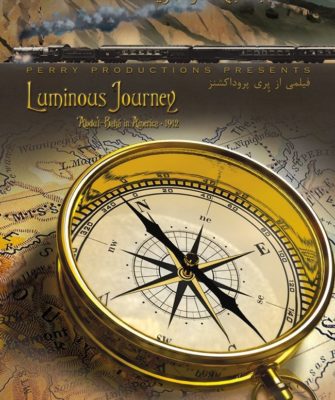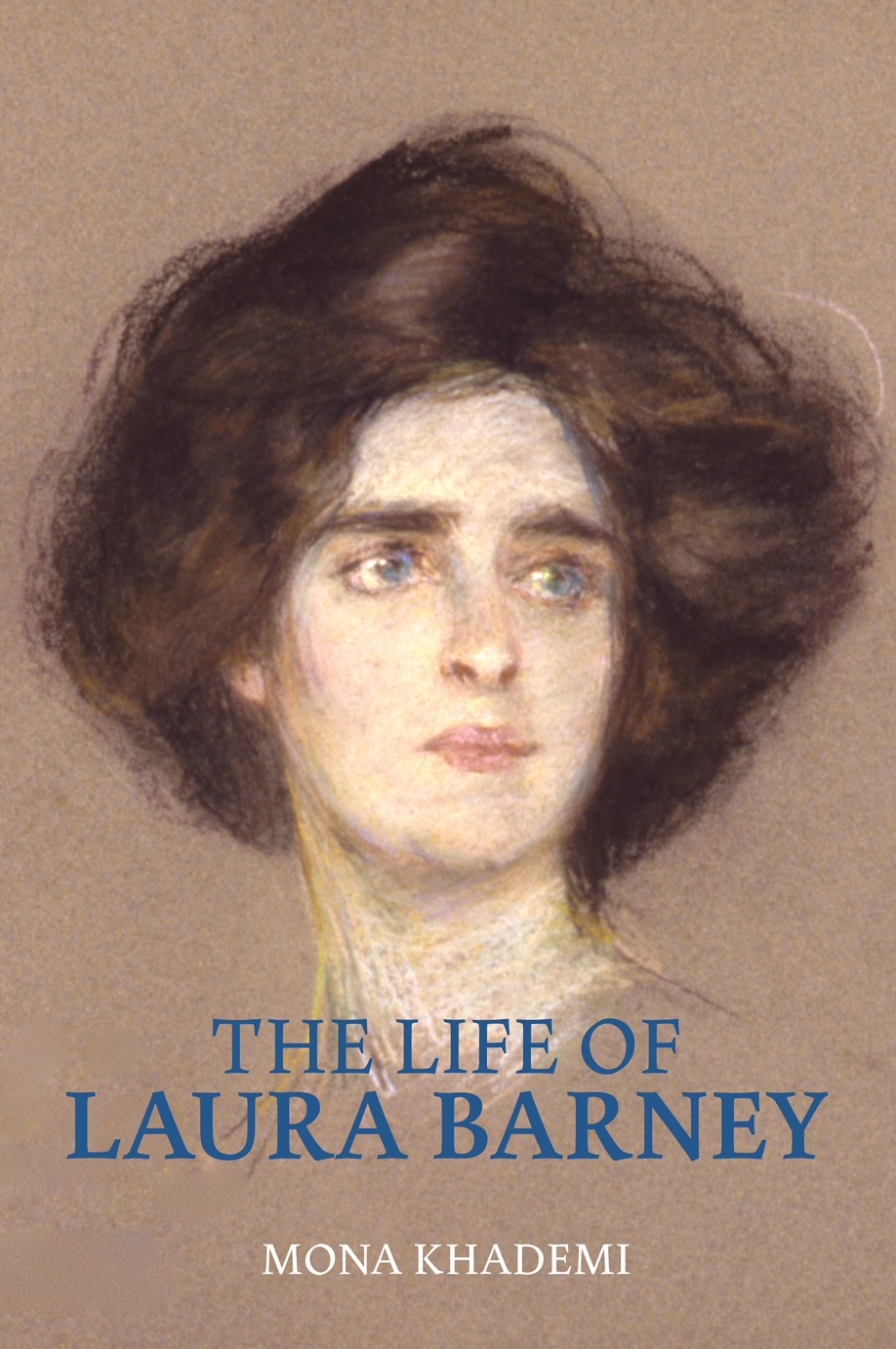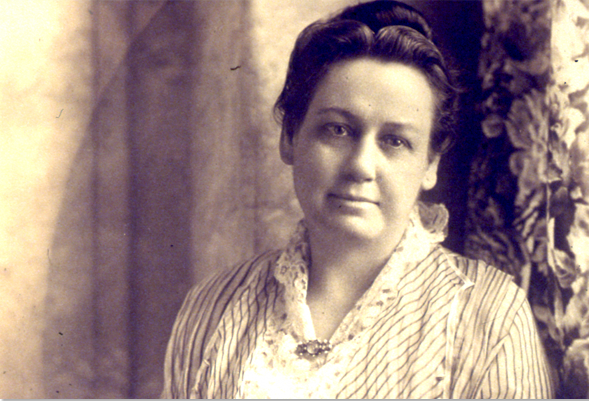
Man of 2 Virtues

Virtues
Man of 2 Virtues
Source: – The Promulgation of Universal Peace
Talk in Minneapolis, Minnesota | 20 September 1912
Man possesses two types of virtues: One is material, and the other ideal in character. For example, the body of man expresses certain material virtues, but the spirit of man manifests virtues that are ideal. The sense of sight in man is a physical virtue; but insight, the power of inner perception, is ideal in its nature. The sense of hearing is a physical endowment, whereas memory in man is ideal. Among other human forces the power of ideation, or faculty of intellection, is material, but the power of love is spiritual. The acquisition of the realities of phenomena is an ideal virtue; likewise, the emotions of man and his ability to prove the existence of God. Realization of moral standards and the world of discovery involve virtues essentially ideal.
If we review history, we will observe that human advancement has been greatest in the development of material virtues. Civilization is the sign and evidence of this progression. Throughout the world, material civilization has attained truly wonderful heights and degrees of efficiency—that is to say, the outward powers and virtues of man have greatly developed, but the inner and ideal virtues have been correspondingly delayed and neglected. It is now the time in the history of the world for us to strive and give an impetus to the advancement and development of inner forces—that is to say, we must arise to service in the world of morality, for human morals are in need of readjustment. We must also render service to the world of intellectuality in order that the minds of men may increase in power and become keener in perception, assisting the intellect of man to attain its supremacy so that the ideal virtues may appear. Before a step is taken in this direction we must be able to prove Divinity from the standpoint of reason so that no doubt or objection may remain for the rationalist. Afterward, we must be able to prove the existence of the bounty of God—that the divine bounty encompasses humanity and that it is transcendental. Furthermore, we must demonstrate that the spirit of man is immortal, that it is not subject to disintegration and that it comprises the virtues of humanity.
Material virtues have attained great development, but ideal virtues have been left far behind. If you should ask a thousand persons, “What are the proofs of the reality of Divinity?” perhaps not one would be able to answer. If you should ask further, “What proofs have you regarding the essence of God?” “How do you explain inspiration and revelation?” “What are the evidences of conscious intelligence beyond the material universe?” “Can you suggest a plan and method for the betterment of human moralities?” “Can you clearly define and differentiate the world of nature and the world of Divinity?”—you would receive very little real knowledge and enlightenment upon these questions. This is due to the fact that development of the ideal virtues has been neglected. People speak of Divinity, but the ideas and beliefs they have of Divinity are, in reality, superstition. Divinity is the effulgence of the Sun of Reality, the manifestation of spiritual virtues and ideal powers. The intellectual proofs of Divinity are based upon observation and evidence which constitute decisive argument, logically proving the reality of Divinity, the effulgence of mercy, the certainty of inspiration and immortality of the spirit. This is, in reality, the science of Divinity. Divinity is not what is set forth in dogmas and sermons of the church. Ordinarily when the word Divinity is mentioned, it is associated in the minds of the hearers with certain formulas and doctrines, whereas it essentially means the wisdom and knowledge of God, the effulgence of the Sun of Truth, the revelation of reality and divine philosophy.
…The purport of our subject is that, just as man is in need of outward education, he is likewise in need of ideal refinement; just as the outer sense of sight is necessary to him, he should also possess insight and conscious perception; as he needs hearing, at the same time memory is essential; as a body is indispensable to him, likewise a mind is requisite; one is a material virtue, the other is ideal. As human creatures fitted and qualified with this dual endowment, we must endeavor through the assistance and grace of God and by the exercise of our ideal power of intellect to attain all lofty virtues, that we may witness the effulgence of the Sun of Reality, reflect the spirit of the Kingdom, behold the manifest evidences of the reality of Divinity, comprehend irrefutable proofs of the immortality of the soul, live in conscious at-one-ment with the eternal world and become quickened and awake with the life and love of God.




